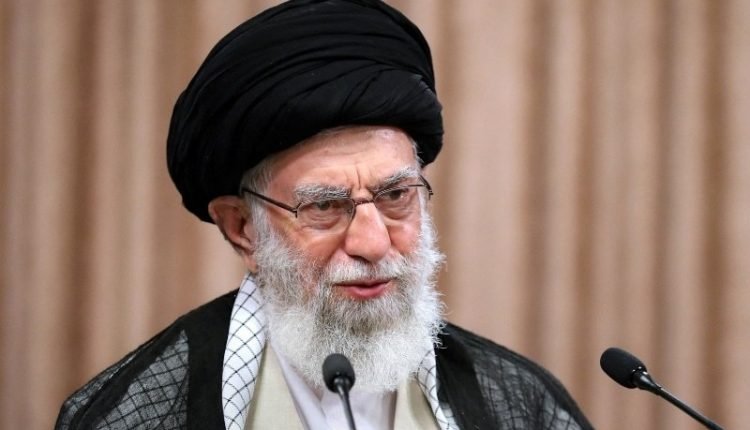Ramzan Sheikh
In 1992, Pakistan achieved one of the most remarkable victories in the history of cricket when they defeated England to win the Benson and Hedges World Cup. This unforgettable match took place on March 25 at the Melbourne Cricket Ground, one of the sport’s most iconic venues, located in Australia. The win was not simply a triumph in a single match—it symbolized the sheer grit, resilience, and unwavering spirit of the Pakistani team, cementing their place in cricketing history. With the leadership of Imran Khan, the team’s captain, Pakistan defied the odds and silenced the critics, showcasing determination and skill that would resonate for generations.
The final score was a hard-fought 22-run victory for Pakistan, making them the champions of the 1992 World Cup. The match was marked by a stellar performance from Wasim Akram, who was instrumental in the win. Akram’s contribution wasn’t limited to just taking three crucial wickets—he also scored 33 vital runs, earning him the well-deserved Player of the Match award. However, this win did not come without its share of struggles along the way. Pakistan’s journey to the final was filled with challenges, especially in the early stages of the tournament, which had many fans and critics doubting their chances. A particularly dismal defeat against the West Indies, where Pakistan was bowled out for a mere 74 runs, had everyone questioning whether the team could overcome such a setback and make it to the final.
In the face of adversity, Imran Khan rose as a true leader, inspiring his team with his motivational speeches and calm leadership. He reminded his players of their talent and encouraged them to believe in themselves, despite the setbacks. His leadership played a pivotal role in turning the team’s fortunes around. Pakistan’s morale received a significant boost with a crucial win over Australia, and they went on to secure their place in the final by defeating the home team, New Zealand, thanks to a brilliant knock from Inzamam-ul-Haq.
In the final, Pakistan batted first, posting a competitive total of 249 runs. Imran Khan played a key role in holding the innings together, even as Pakistan lost their openers, Aamer Sohail and Ramiz Raja, cheaply. The standout moment of their innings was the 139-run partnership between Imran Khan and Javed Miandad. Inzamam-ul-Haq, already a hero from the semi-final, contributed a valuable 42 runs, while Wasim Akram added a quickfire 33 runs at the end, propelling Pakistan to a total that would prove to be a formidable challenge for England.
England, with their strong bowling attack, came into the final as serious contenders. However, Pakistan’s batsmen managed to keep the scoreboard ticking, making it difficult for the English bowlers to break through. As England began their chase, the pressure mounted, and their batsmen found it increasingly tough to keep up with the required run rate. Wasim Akram, in particular, was a force to be reckoned with. He took three crucial wickets, significantly tightening Pakistan’s grip on the match. Mushtaq Ahmed, with his effective spin bowling, also played a pivotal role in slowing down England’s progress, further ensuring that Pakistan maintained control throughout the game.
Pl subscribe to the YouTube channel of republicpolicy.com for quality content:
As the match entered its final stages, England was left with the daunting task of scoring the remaining runs with just one wicket in hand. The tension in the air was palpable, and with the second ball of the final over, Richard Illingworth’s wicket fell, sealing Pakistan’s victory. The Melbourne Cricket Ground erupted in celebration as the Pakistani players, overwhelmed with emotion, celebrated their extraordinary win. The victory was not just about the World Cup trophy; it represented a moment of immense national pride that transcended sport.
For Pakistan, this victory was more than just a sporting achievement—it was a defining moment that resonated deeply with the entire nation. It sparked a wave of inspiration among young cricketers and motivated them to chase their dreams, while also cementing Imran Khan’s legacy as one of cricket’s greatest leaders. Khan’s leadership throughout the tournament, his calm demeanor under pressure, and his ability to inspire his team were critical in guiding Pakistan to glory. The 1992 World Cup victory became a symbol of hope, perseverance, and the triumph of the underdog.
This iconic win remains etched in the memories of cricket fans around the world. For Pakistan, it represented a significant milestone in their cricketing history, reinforcing the notion that determination and belief could overcome even the toughest of challenges. The 1992 World Cup victory was not just about winning a cricket tournament; it was about overcoming adversity and proving that with unity and resolve, anything is possible.
Imran Khan’s leadership and the team’s performance during this World Cup left an indelible mark on the sport. It not only elevated Pakistan’s status in international cricket but also created a legacy that has inspired countless cricketers and sports enthusiasts to this day. This victory was not just a one-time achievement—it became an integral part of Pakistan’s identity and a testament to the power of sport to bring people together.
Looking back, the 1992 World Cup remains one of the most significant moments in cricket history. It wasn’t merely about the victory on the field—it was about the hope it brought to a nation and the way it united millions in celebration. As Pakistan’s cricketers raised the trophy at the Melbourne Cricket Ground, they also lifted the spirits of an entire nation, providing a sense of pride that would last for generations. The legacy of that victory continues to inspire the young cricketers of Pakistan and serves as a reminder of the power of belief, teamwork, and leadership in achieving greatness.
















